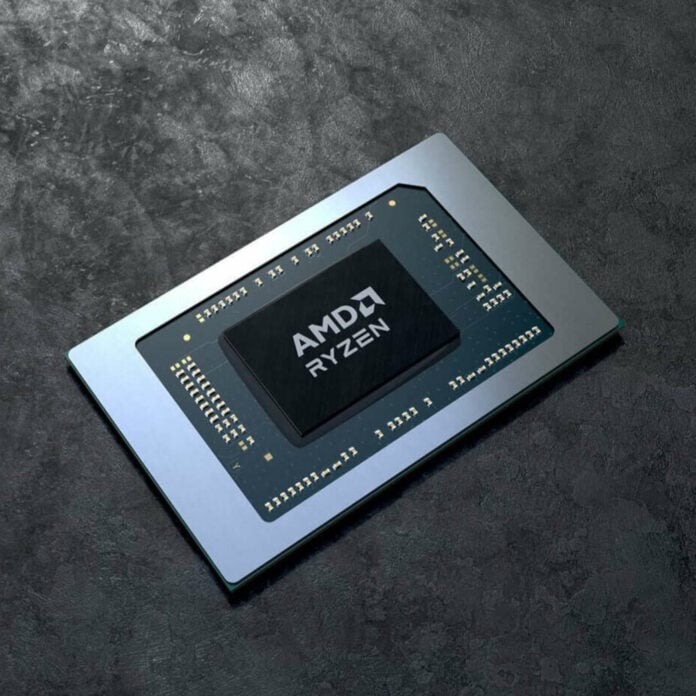AMD is said to be working on a new APU lineup powered by Zen 6 architecture, which mixes and matches various core designs inside a single package. Featuring up to 22 cores, this series promises to deliver great performance, all while adapting and saving power on less demanding tasks.
According to leaker @9550pro on X, AMD is planning multiple Ryzen APUs powered by its next-gen Zen 6 architecture, combining different amounts of classic, dense (c), and low-power (LP) cores. At least two major variants are expected, one featuring a single monolithic die plus another combining two different size dies.
The former is said to cover Ryzen 5 and 7 ranges, packing up to ten CPU cores alongside eight RDNA 3.5+ compute units (CU). Those ten cores will be split between four classic Zen 6 cores, four Zen 6c (dense) cores, and two Zen 6 low-power (LP) cores.
On the other hand, the second variant combines the aforementioned ten-core CCD (Core Complex Die) with another 12-core CCD made exclusively from Zen 6 classic cores. This results in a CPU with 16 classic Zen 6, four Zen 6c, plus two Zen 6 LP cores. An interesting and unusual mix. Unfortunately, the graphics performance is expected to remain unchanged between both variants, maxing out at eight CUs. That said, this choice is understandable since a high-end 22-core CPU is likely to be paired with a more powerful dedicated GPU.
Aside from being the first APU to leverage an upgraded RDNA 3.5+ graphics architecture, these APUs will also be the first to include two low-power cores. Until now, Intel was alone in pushing for such power-optimised cores, which tend to be quite handy on battery-powered devices. Thus, this should help AMD achieve even greater efficiency on mobile devices, all while potentially reducing heat and noise outputs when idling.
Though the leaker didn’t mention the NPU (Neural Processing Unit) capabilities, we don’t see AMD neglecting this parameter seeing all the hype going around AI these days. We can expect at least 50 TOPS of performance to fit within Microsoft’s specs for Copilot+ PCs.
AMD’s Medusa Point APUs seem to mark a noticeable shift in the brand’s CPU design, moving towards a diversified layout. An approach that should allow it to cover all the power states a machine goes through during operation in the most performant and efficient way.


